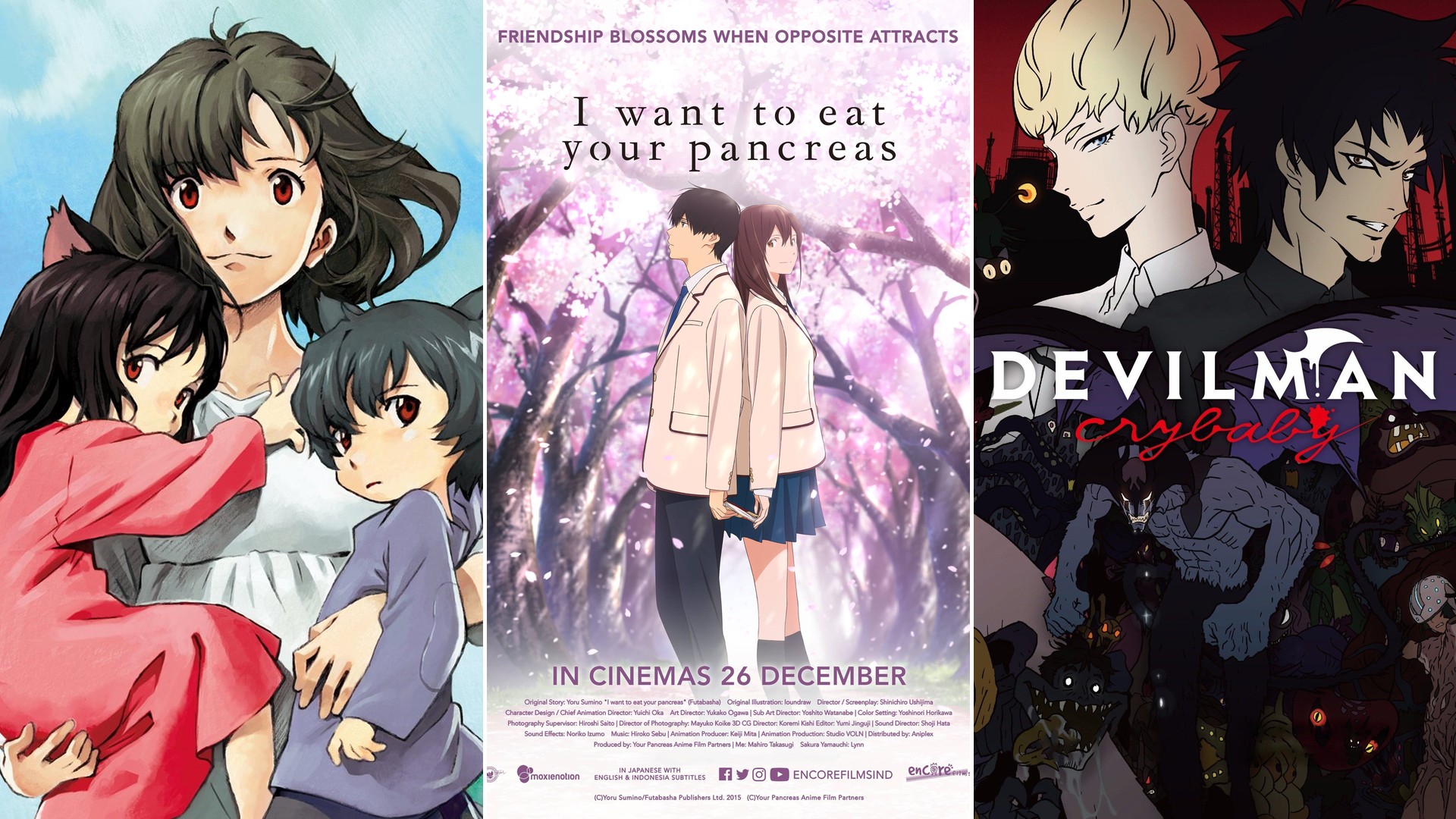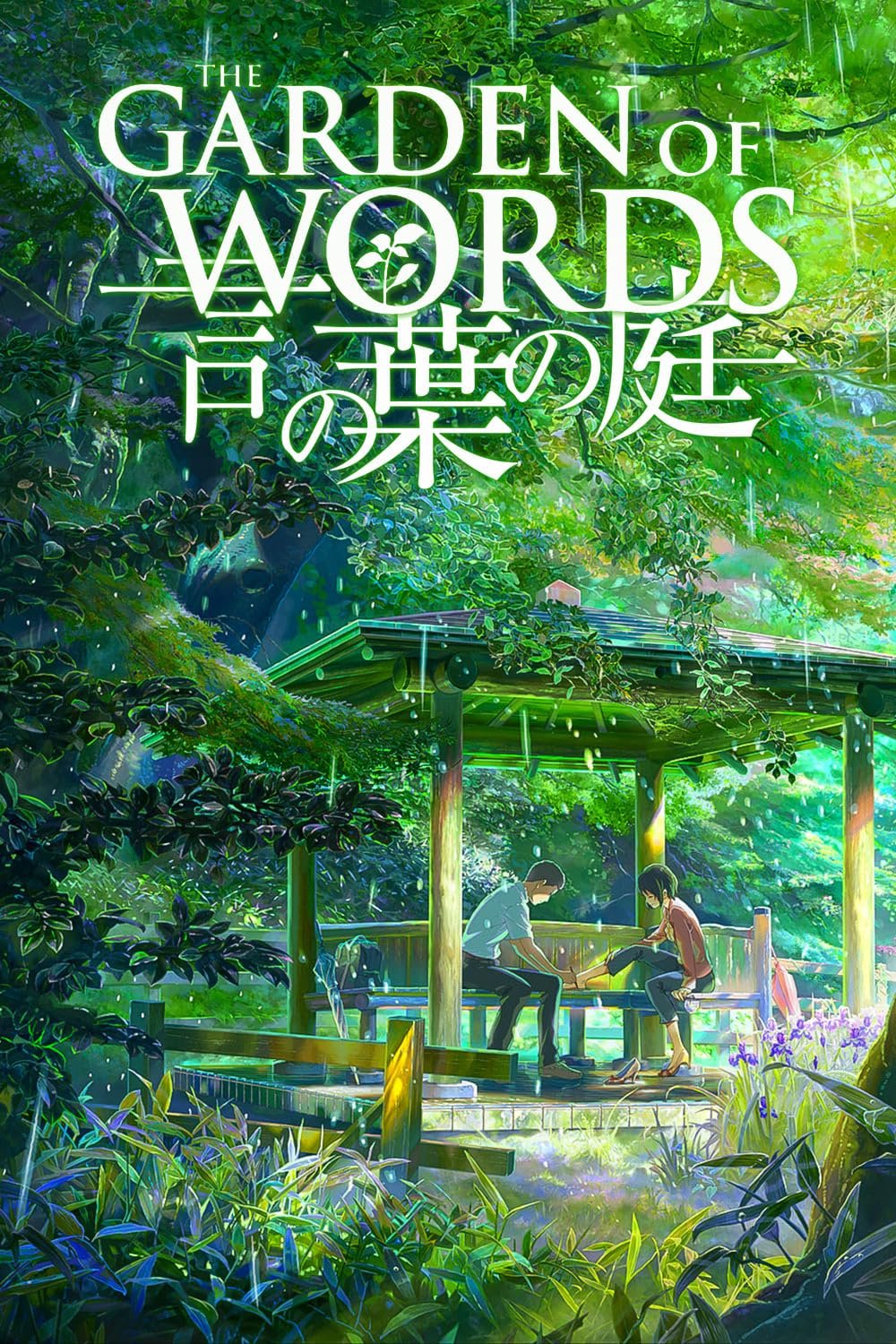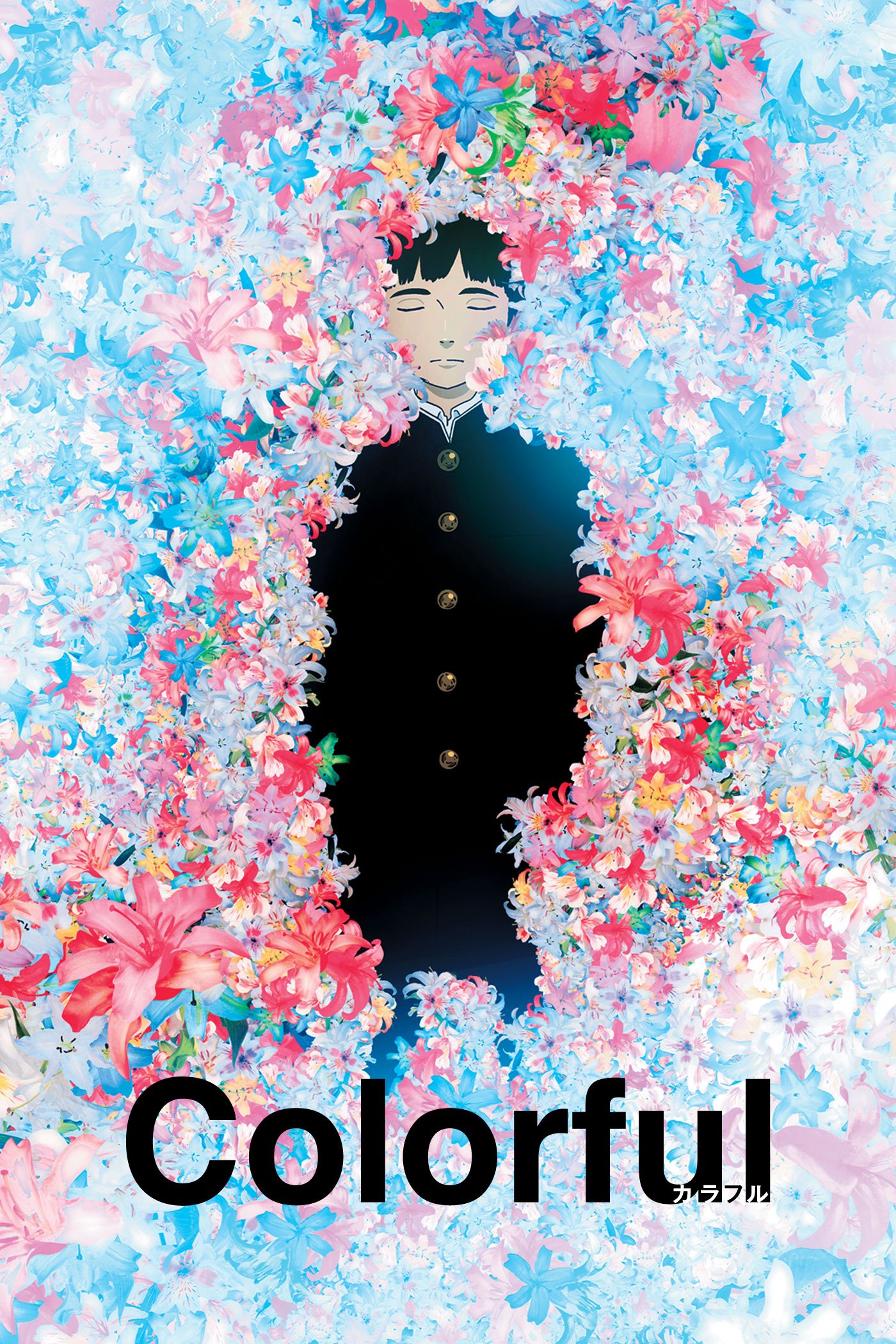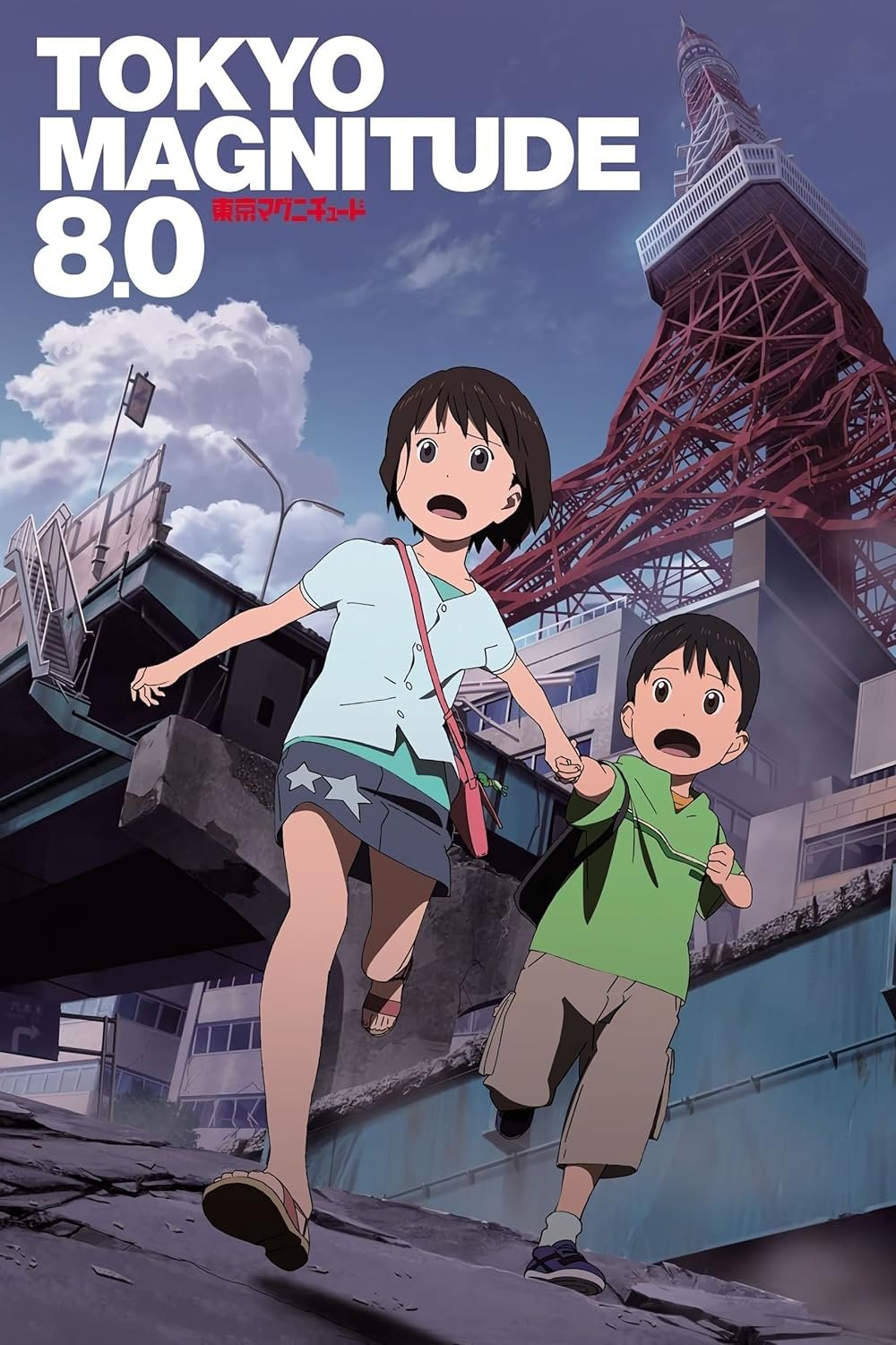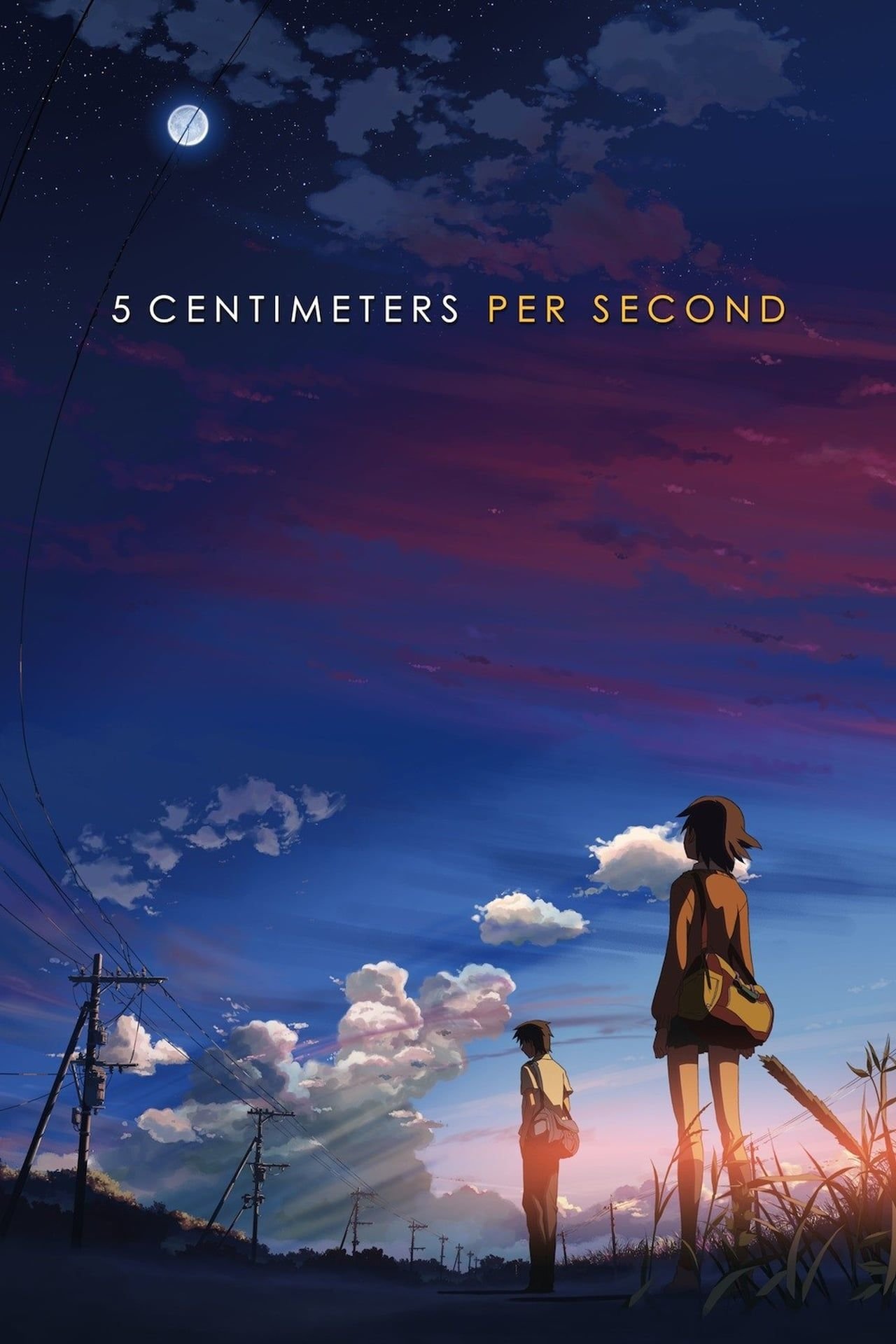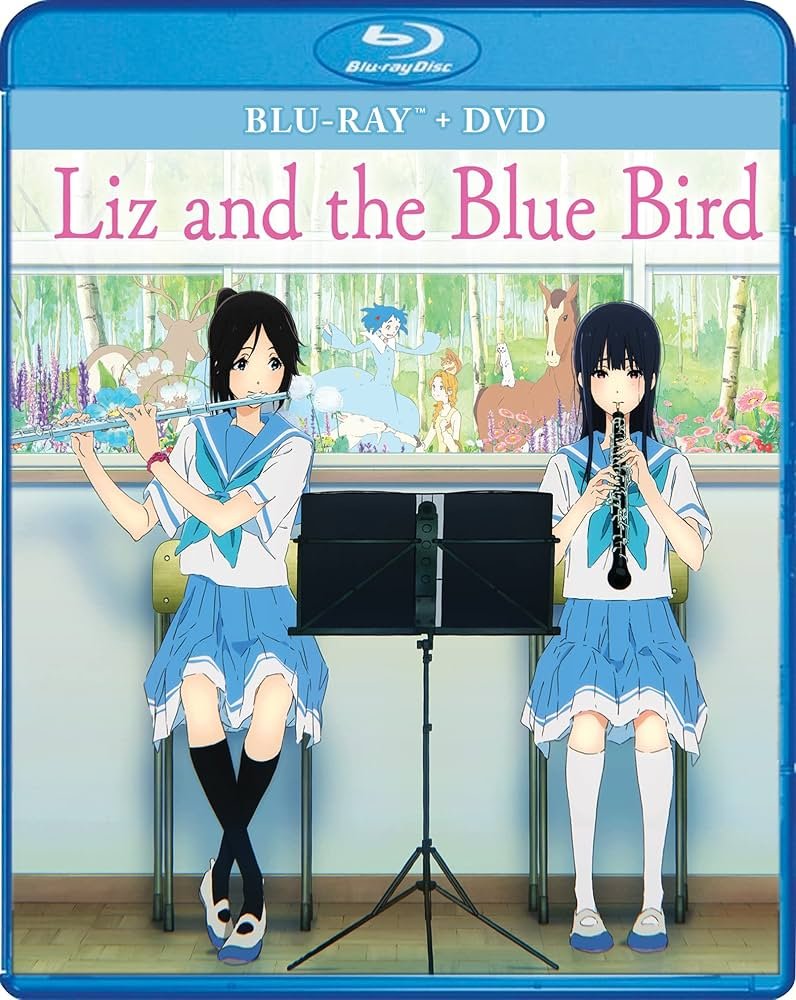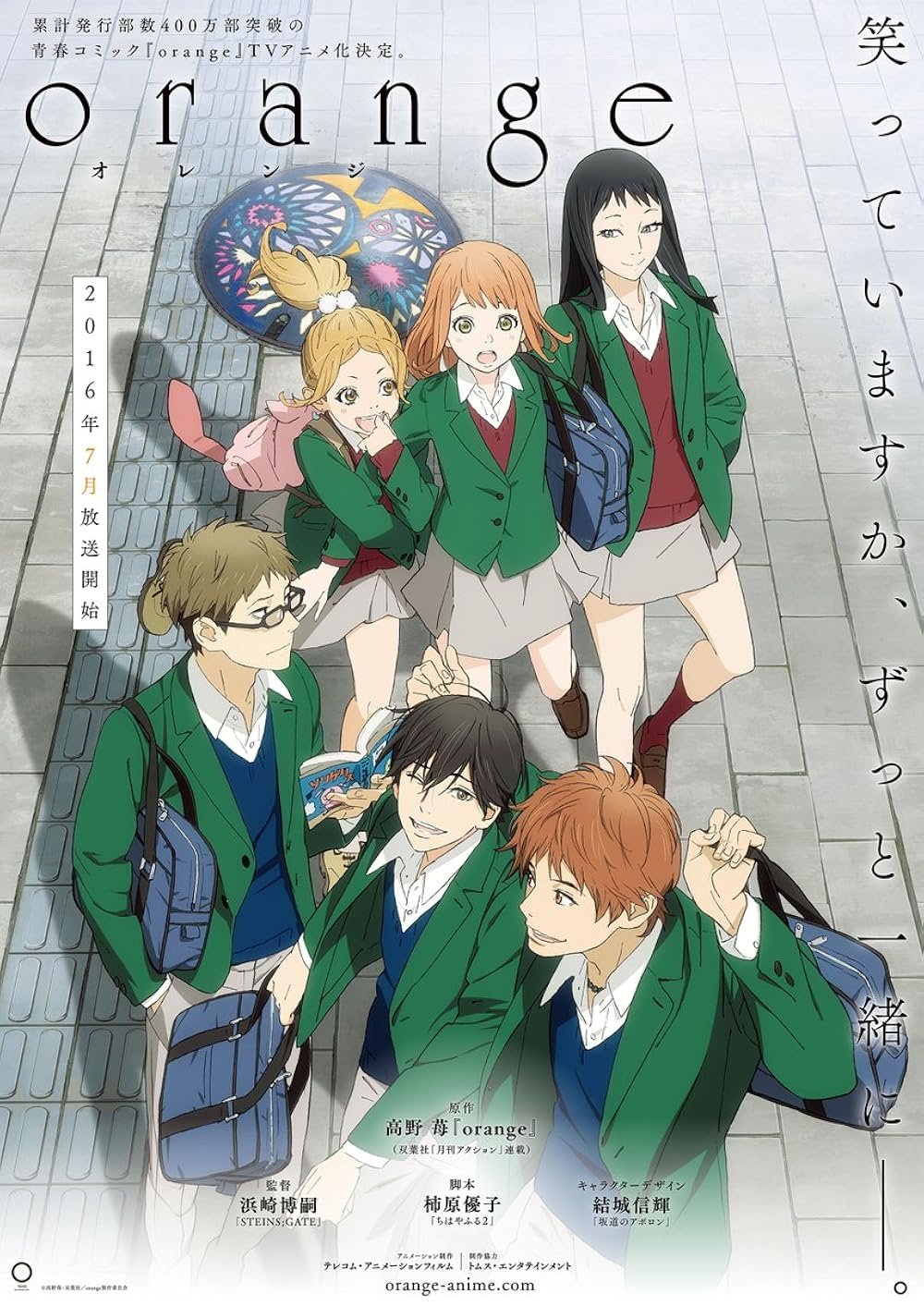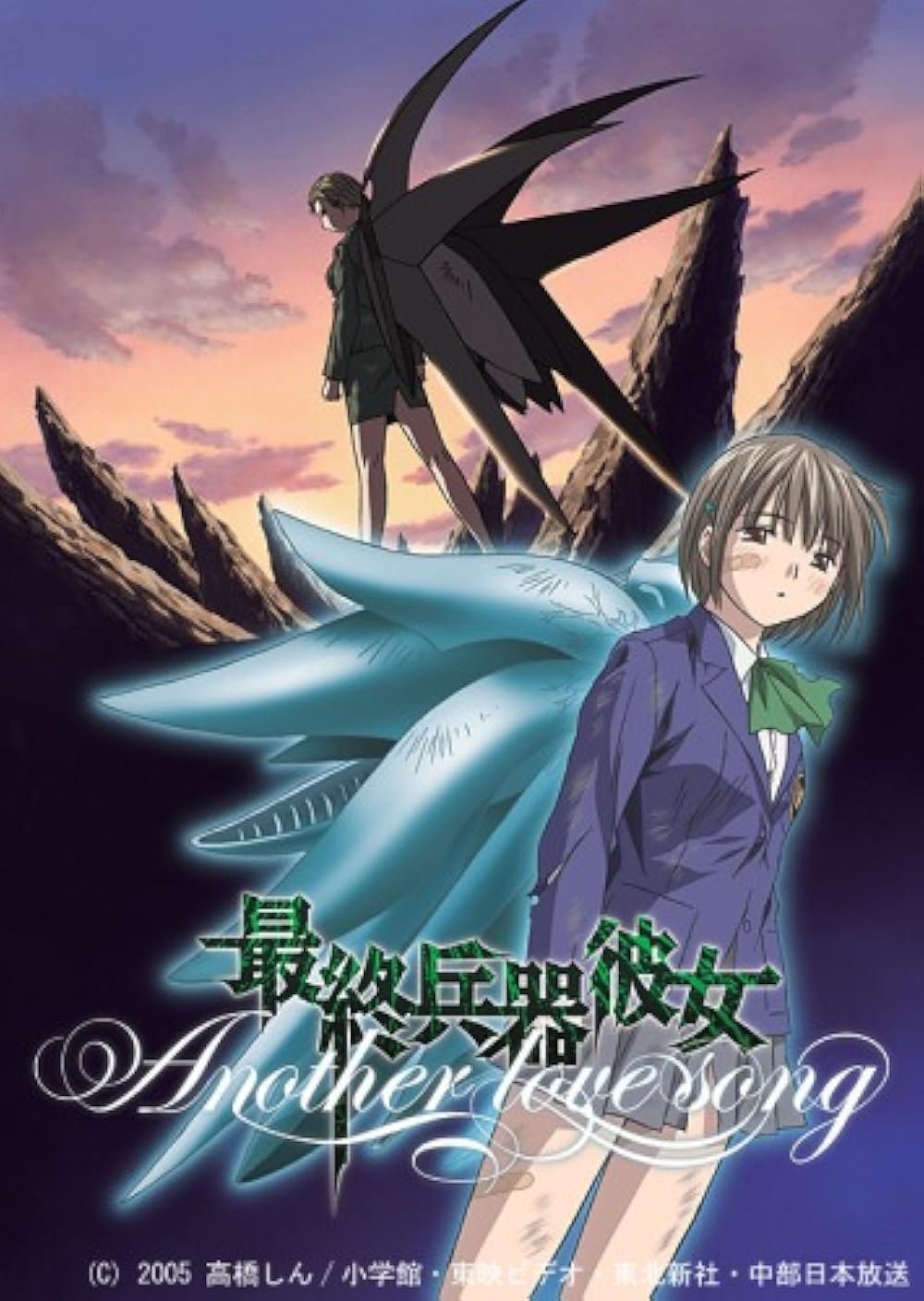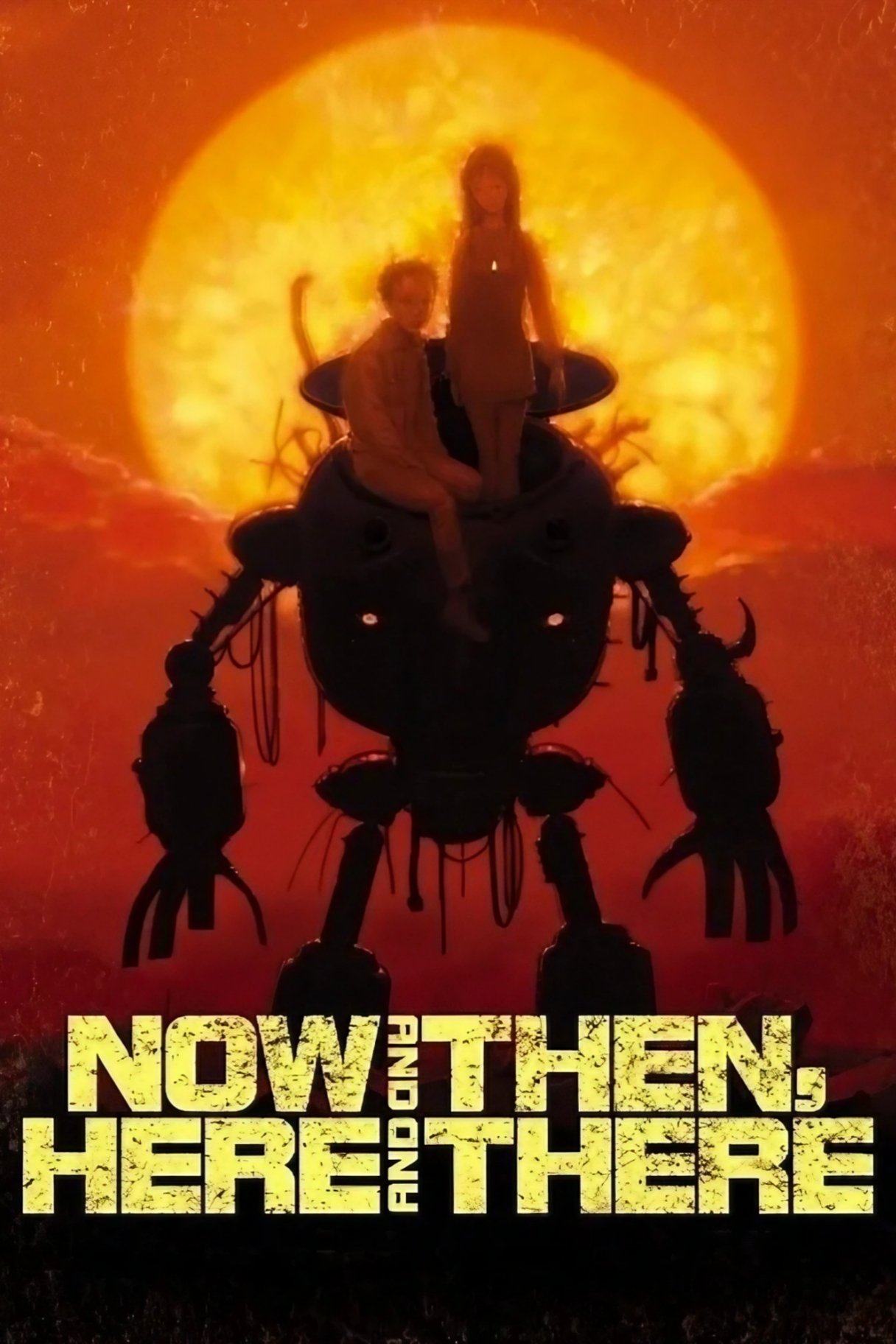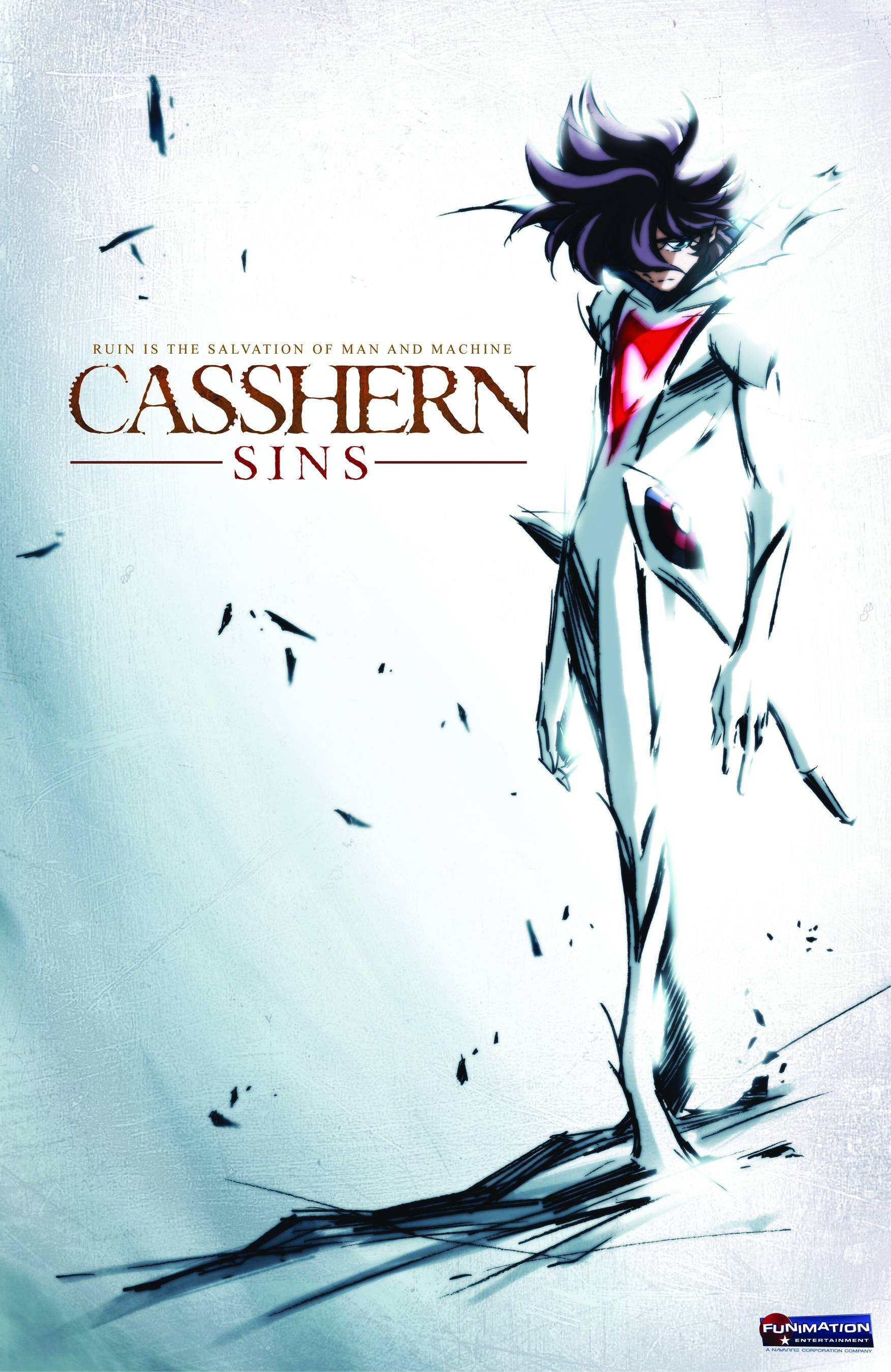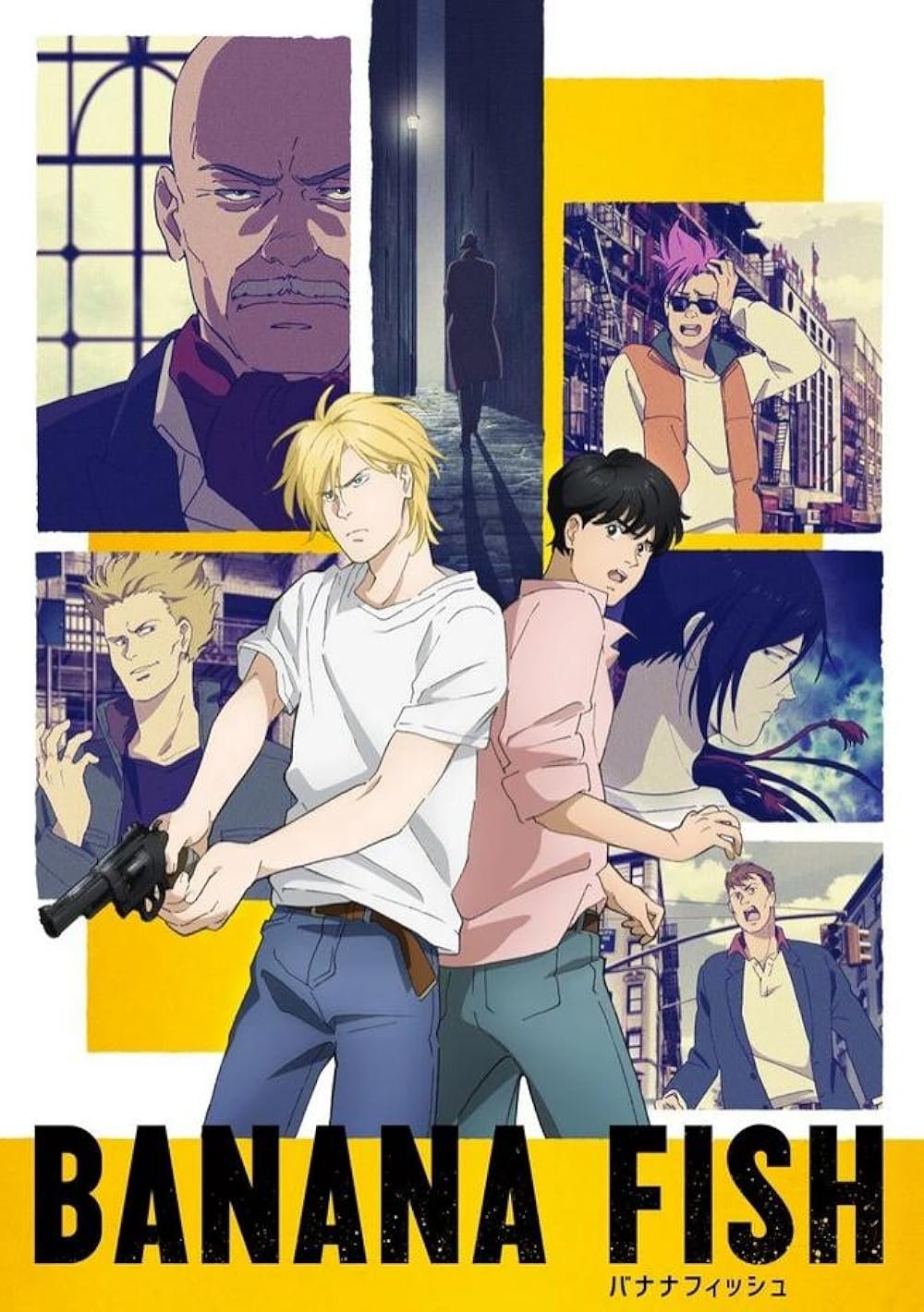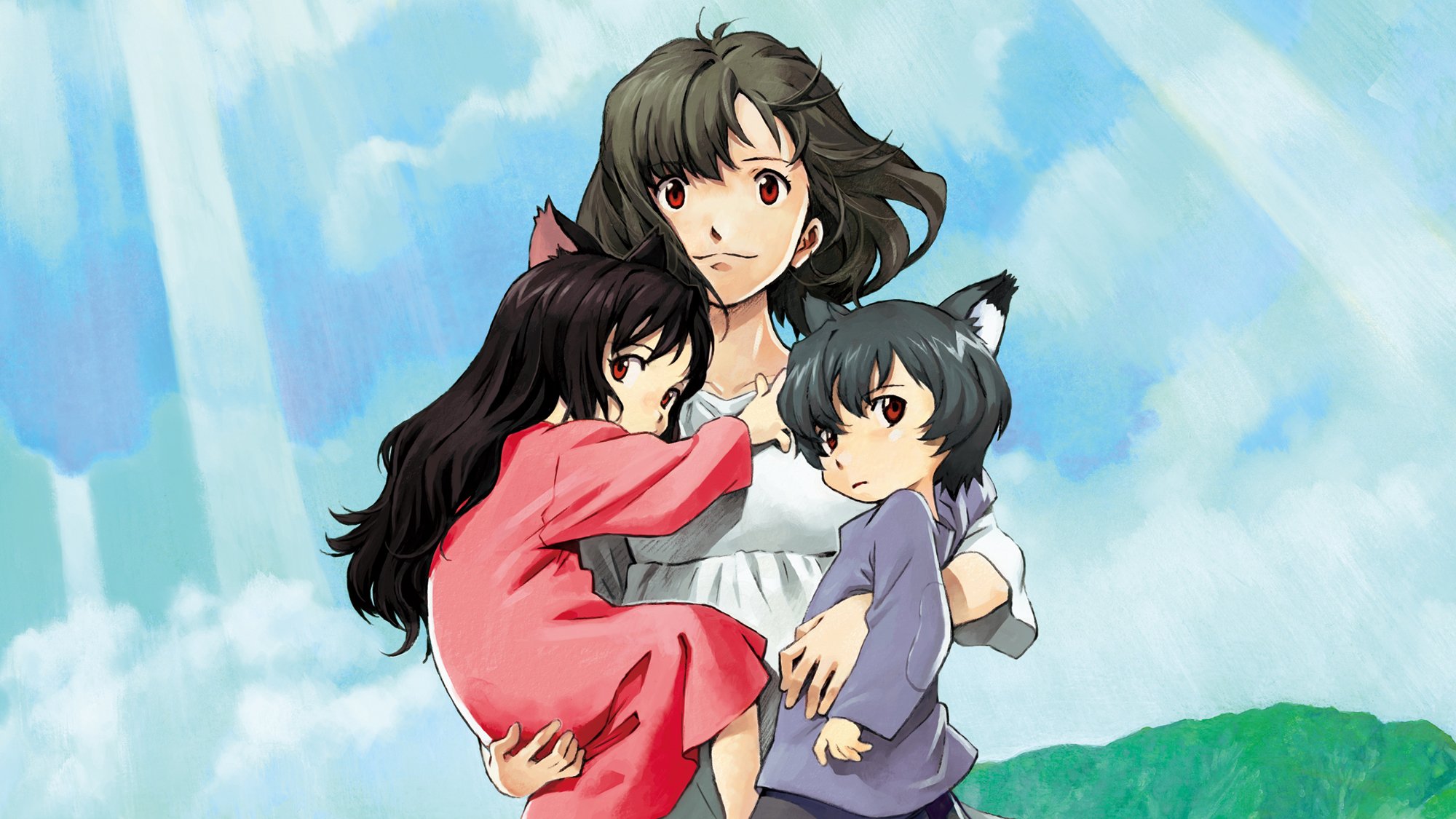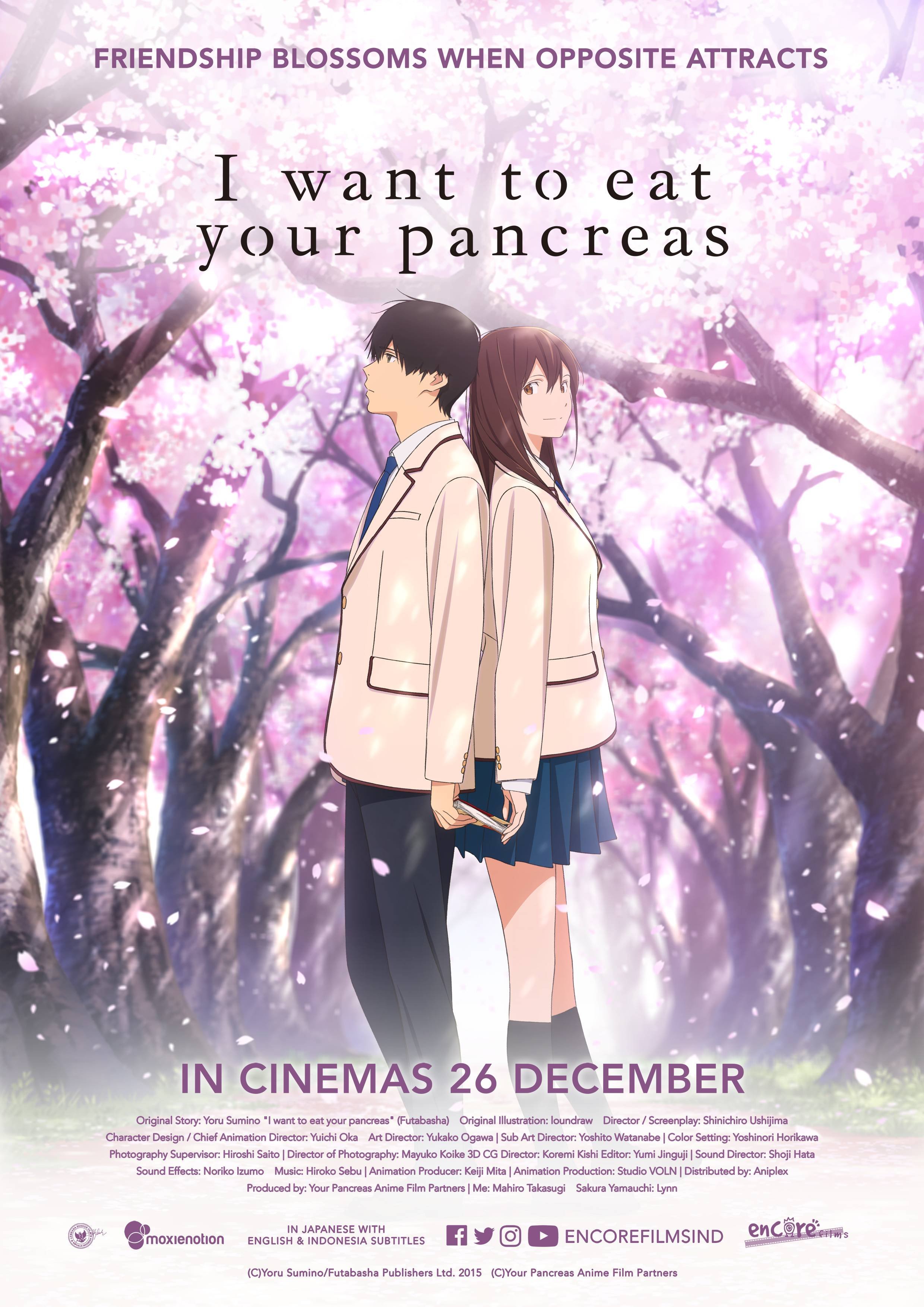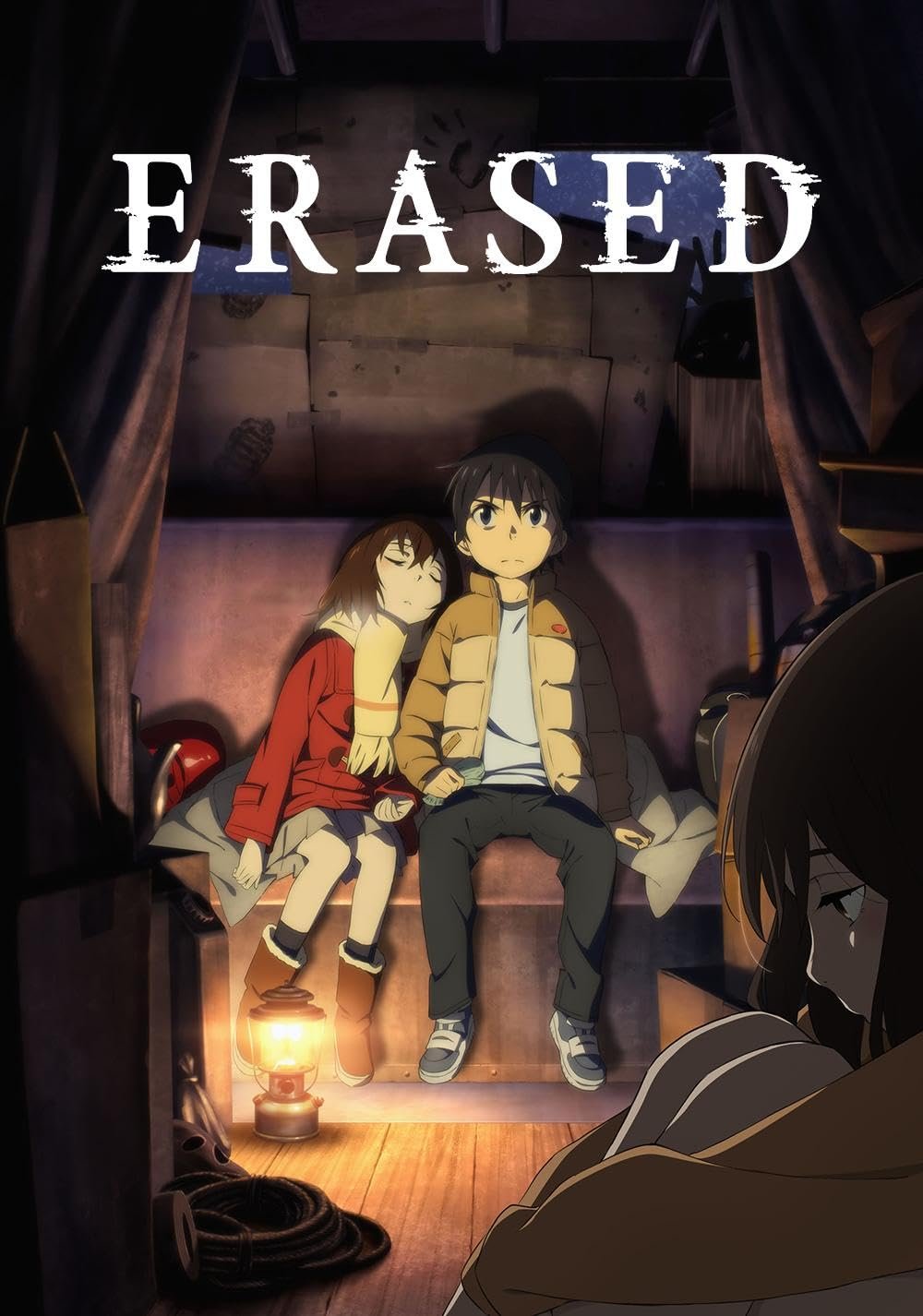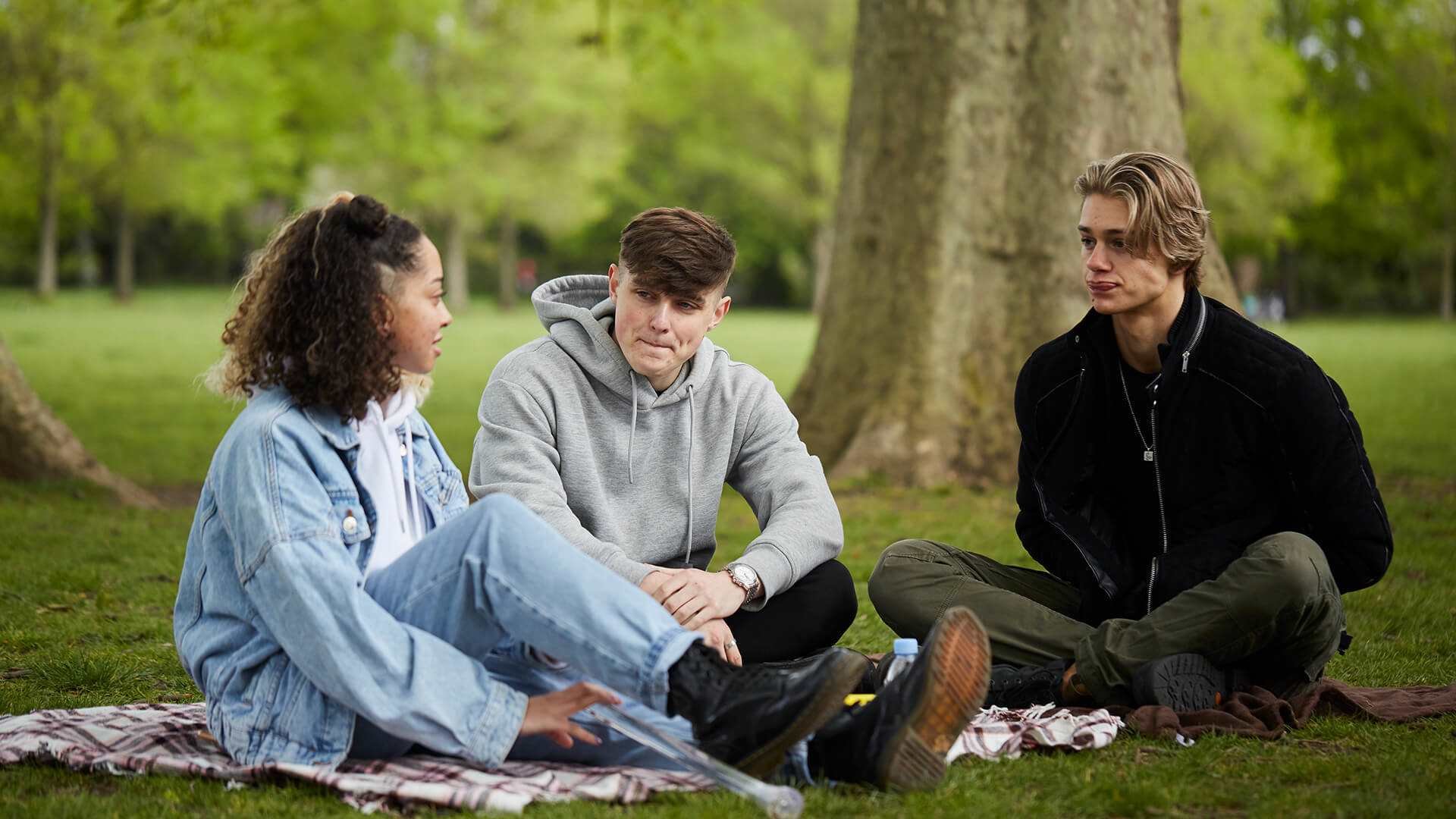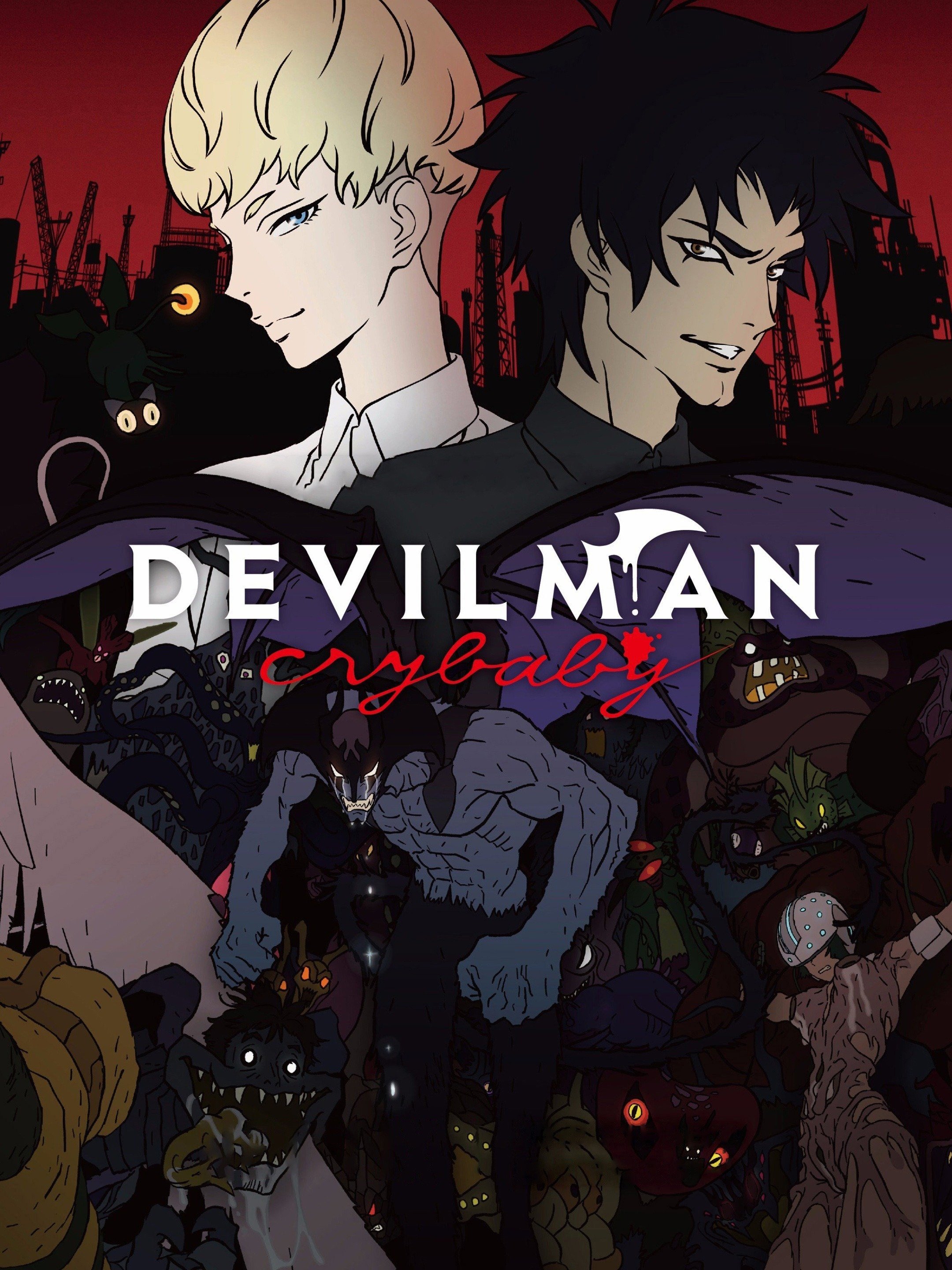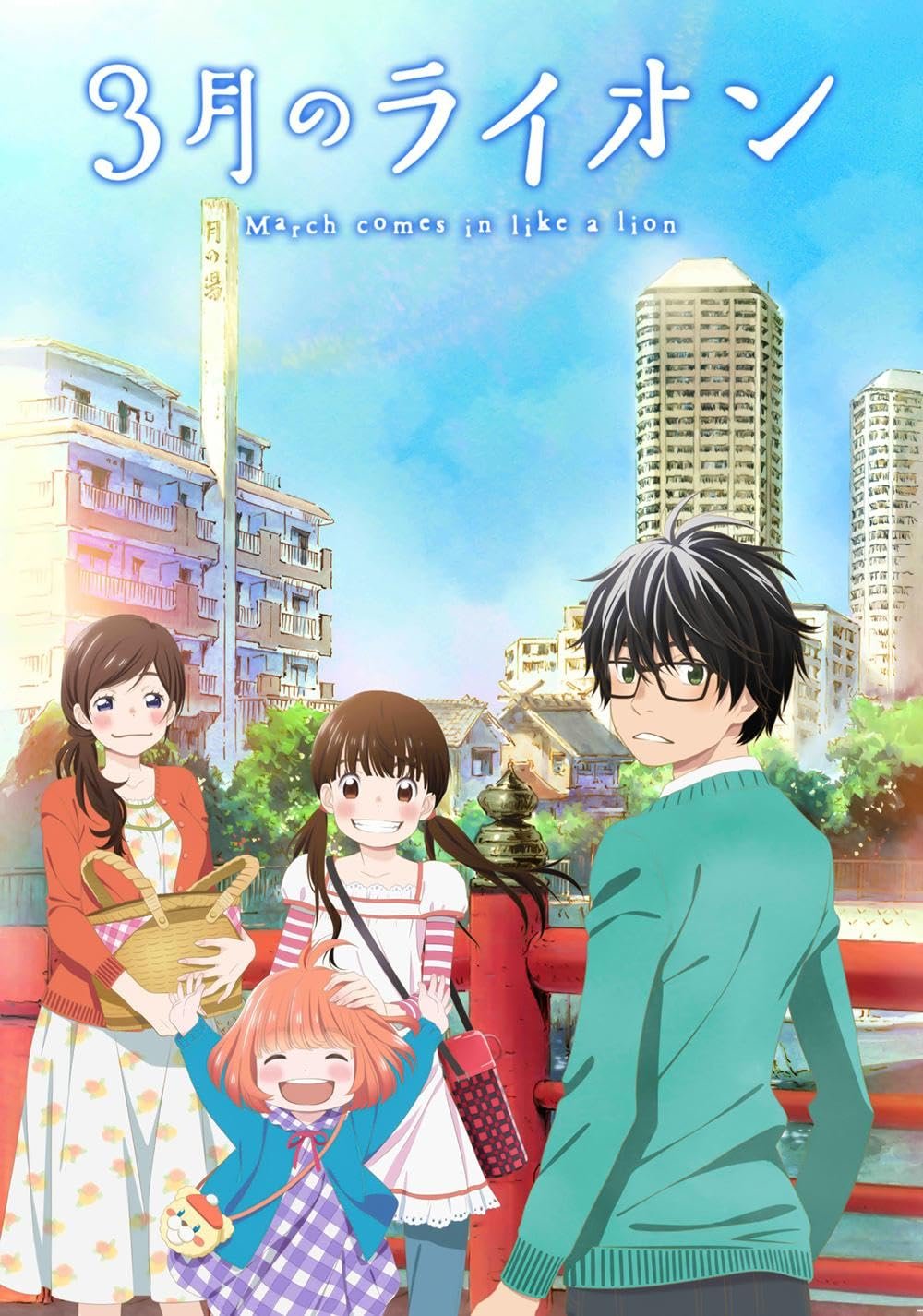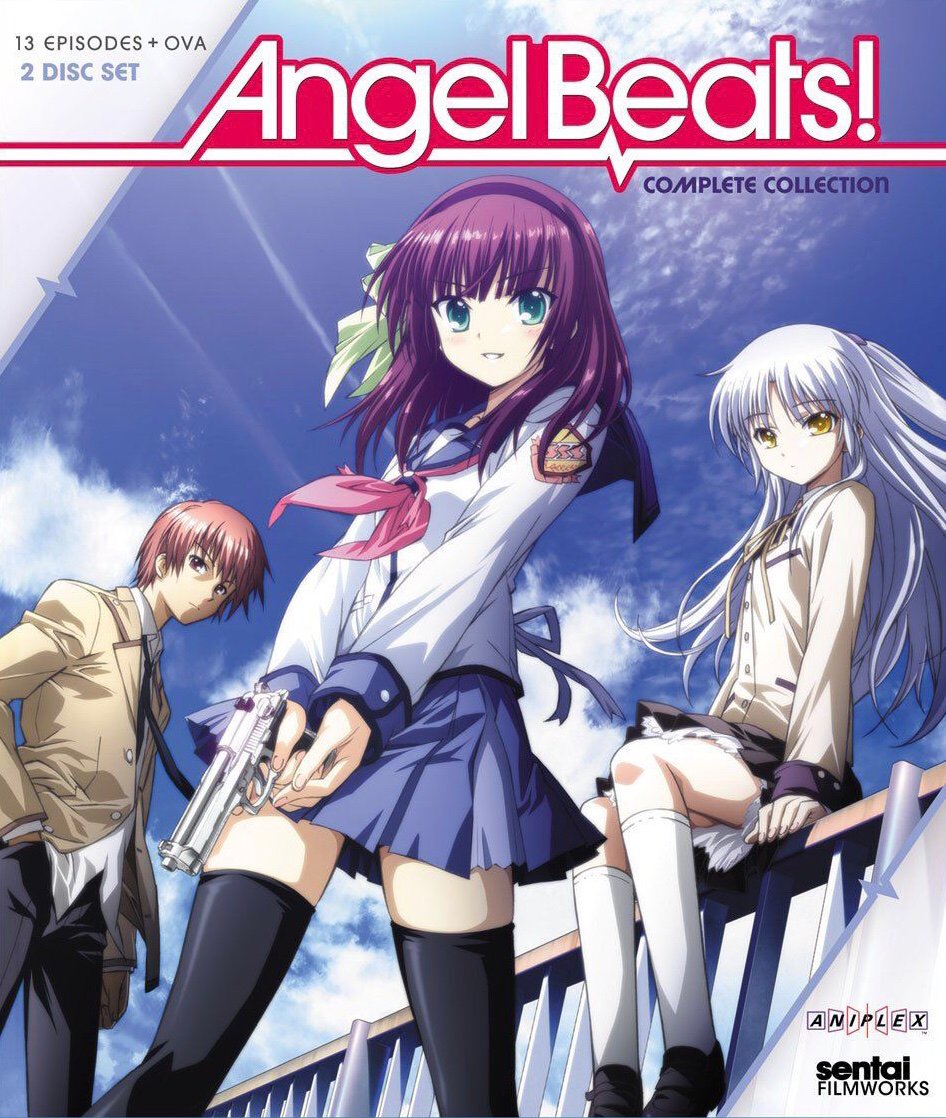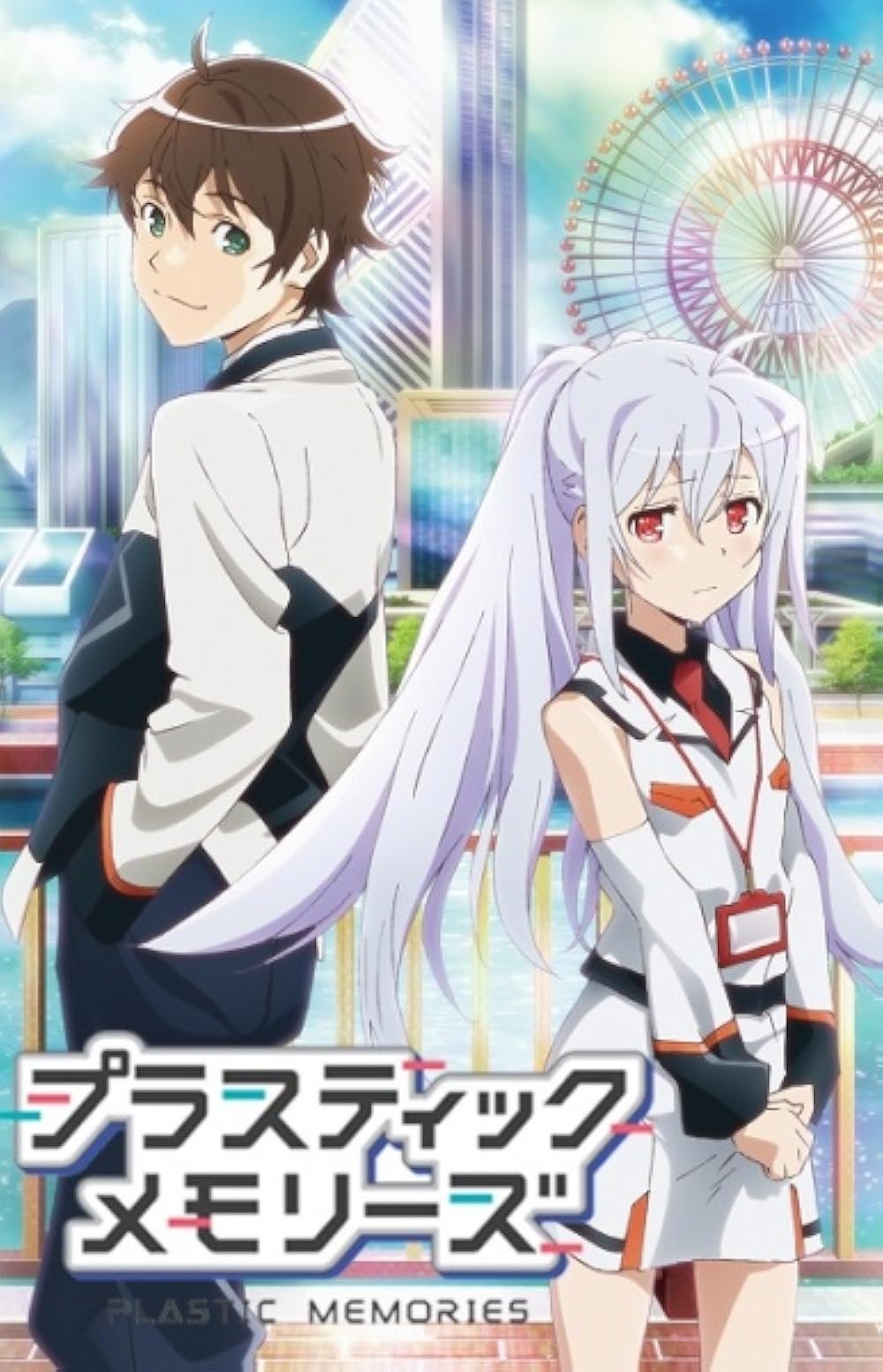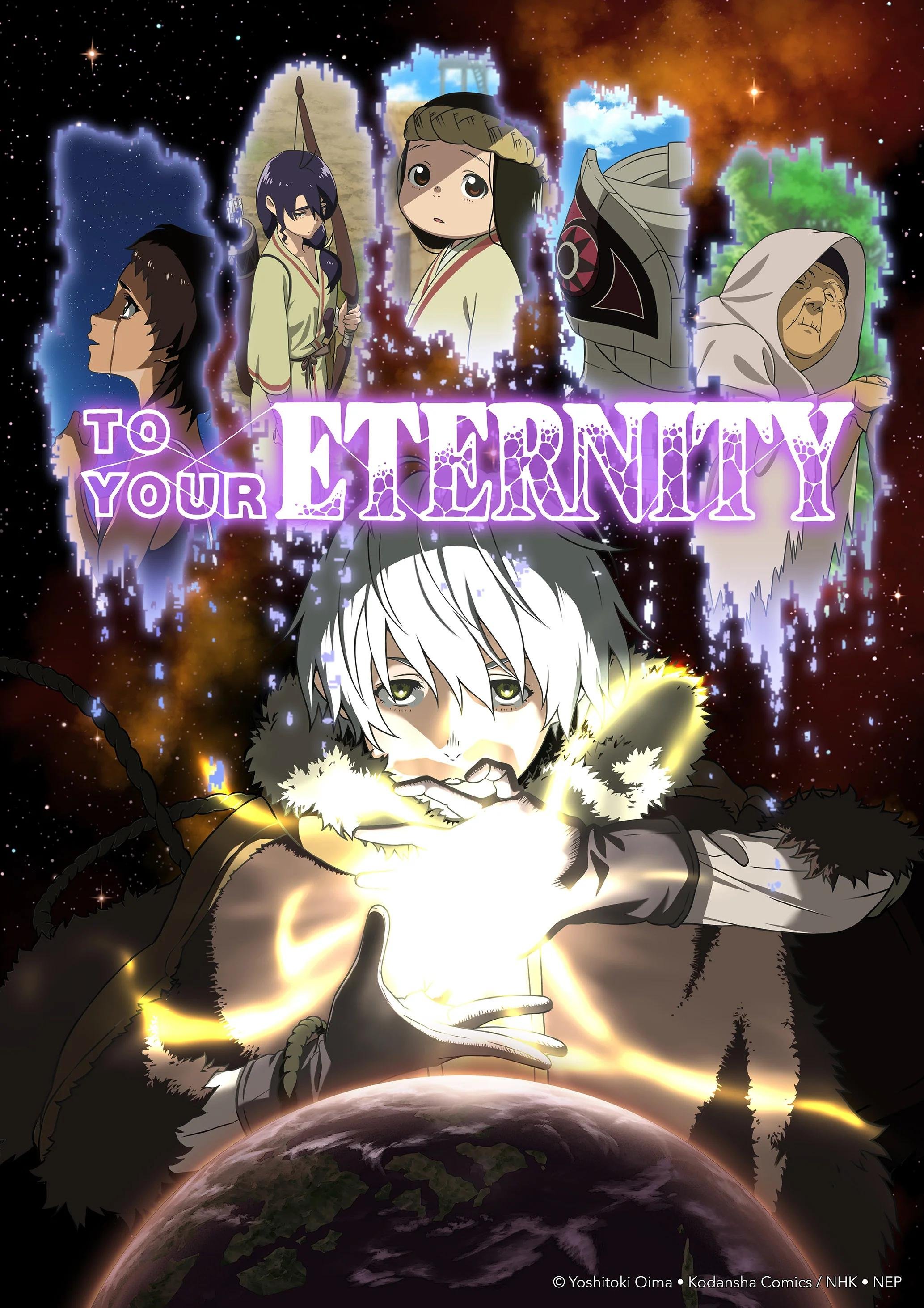Some anime hit hard because they deal with loss, regret and growing up in a way that feels close to real life. This list counts down from #27 to #1, moving from quiet heartbreak to the titles that leave the longest ache.
Each pick here is loved for its emotional weight, but also for how it treats people with care. If you need a good cry or a story that lingers, these are the shows and films that stay with you.
#27. The Garden of Words
Set in a rainy Tokyo, this short film centers on a teen shoemaker and a teacher who meet in a park during summer showers. Their talks are soft and tentative and the silence between them carries heavy loneliness.
Makoto Shinkai fills each frame with lush detail that mirrors the characters’ bottled-up feelings. The romance is delicate, held back by age, timing and fear of being seen.
The ending leaves a clean cut rather than a tidy bow. What hurts most is the way missed chances feel both avoidable and inevitable, like rain that comes on a clear day.
#26. Colorful
A wandering soul is given another shot at life by inhabiting a boy who attempted suicide. The film slowly peels back the truth behind the boy’s home and school life, showing how small hurts pile up into something heavy.
There is no easy villain, which makes the story feel honest. The pain comes from everyday cruelty, family distance and the quiet shame that keeps people from asking for help.
By the end, the movie argues for patience and small kindness. It holds out a fragile hope without ignoring how hard it is to start again.
The sadness lands because the second chance is not magic. It is work and that truth stings yet feels real and earned.
#25. Tokyo Magnitude 8.0
After a massive quake hits Tokyo, two siblings try to make it home with the help of a young woman they meet on the road. The show treats disaster with sobering realism, from blocked bridges to empty stores and failing phones.
The journey wears them down in steady steps, not big set pieces. What breaks you are the small losses and the way hope flickers under exhaustion.
When the truth finally lands, it is quiet and devastating. The series respects real families who face uncertain endings and it lingers long after the credits roll.
#24. 5 Centimeters per Second
This is a story of drifting apart over time, told in three linked chapters about a boy and a girl who miss train after train. Distance here is not just miles, it is seasons and the slow pull of new routines.
Shinkai’s skies look close enough to touch, which makes the separation feel cruel. The beauty of the world keeps moving while the characters stand still with old feelings.
The title measures how cherry blossoms fall and how love can fall too. It hurts because there is no villain to blame, only time doing what it always does.
By the final shot, you feel the weight of chances not taken. The film turns everyday delays into a lifetime of distance.
#23. Liz and the Blue Bird
Two bandmates, a shy oboist and a bright flutist, prepare a duet while avoiding the real talk they need to have. The music becomes a mirror for co-dependence and the fear of growing apart.
Kyoto Animation paints tight close-ups and careful steps, letting silence do the heavy lifting. The sadness is tender, built on unspoken love and the need to let the other person fly.
The film’s fairy tale segments echo the lead pair’s dilemma. It is heartbreaking because the kindest choice is also the one that hurts.
By the end, you hear relief inside the ache. The performance finishes and a chapter ends with grace rather than fireworks.
This is a quiet story where a single note held too long can make you cry. Its power comes from restraint and truth.
#22. Orange
Letters arrive from the future asking a high school girl to save a new classmate from suicide. The show treats depression with care, showing how joy and pain can live in the same day.
The friend group rallies, learning how to check in and how to speak plain. The time travel hook is just a frame for real choices and the courage to act.
What makes it sad is the sense that even love can miss the mark. The series suggests that small, steady support can tilt fate, if people decide to show up.
#21. Saikano
A gentle girl is turned into the nation’s ultimate weapon and her boyfriend watches as war eats what made her human. Romance and sci-fi collide in scenes that feel raw rather than flashy.
The show sits with trauma, not spectacle. Each mission costs more of her and the couple’s dates become a countdown to goodbye.
What hurts most is how ordinary kindness tries to survive inside chaos. The ending leaves a scar that feels final and tragic.
It is not easy to watch, but it is honest about how war destroys the future people planned.
#20. Now and Then, Here and There
A cheerful boy is pulled into a dry, broken world ruled by a violent tyrant who uses child soldiers. His optimism is tested against cruelty that feels all too real.
The series strips away comfort one layer at a time. Water is rare, safety is rarer and kindness becomes a radical act of resistance.
It is devastating, but the lead’s stubborn hope matters. The show asks what it takes to keep a moral compass when everything says to look away.
#19. Casshern Sins
In a dying world where robots decay, an amnesiac fighter walks among those who think his touch brings ruin. The wasteland is quiet, the colors muted, the mood heavy.
Each episode plays like a parable about guilt and purpose. The sadness grows from lonely towns and endless wandering without a clear answer.
When memories surface, the cost of survival becomes clear. The show sits with remorse and asks if there is any way to atone.
It is less about battles and more about what keeps someone walking when the world is already gone.
#18. Banana Fish
Set in New York, this crime drama follows Ash Lynx, a gifted gang leader marked by abuse and a deadly conspiracy. His bond with Eiji brings warmth into a life built on survival.
The show balances tense street action with quiet talks about trust. The deeper they dig, the clearer it is that escape has a price.
Its tragedy feels inevitable, which is why it lands so hard. The final stretch is a plea for a future stolen by violence and old wounds.
Ash’s tenderness is what breaks you. In a cruel world, he still believes in something good.
The ending is famous for a reason. It is simple, still and impossible to forget.
#17. Wolf Children
After a sudden loss, a young mother raises two kids who are part human and part wolf. The film turns daily chores into acts of love and grit.
Rural life brings new risks and freedom. The family learns to honor each child’s nature without breaking the bond between them.
The pain comes from letting go at the right time. Growing up means choosing a path and the mother’s quiet courage is the film’s heart and ache.
#16. I Want to Eat Your Pancreas
A withdrawn boy meets a classmate with a serious illness and they share days that feel both light and borrowed. Their time together is full of small firsts rather than big gestures.
The film avoids melodrama by keeping their talks simple and real. It finds beauty in bus rides, notes and the bravery to open up.
What shocks is not the illness but life’s sharp turn. The story shows how love can change someone even when the time is short, leaving a lasting mark.
The final letters seal the theme: you do not own time, so use it with care.
#15. Erased
A struggling artist slips back to his childhood to stop a series of murders and save a classmate from abuse. The time travel hook fuels a grounded fight against apathy.
The show builds dread through quiet scenes at home and at school. Teachers, parents and friends all matter when it comes to protecting a child.
The sadness comes from what is lost even when things go right. Healing takes time and some scars remain, which makes the wins feel real and earned.
#14. Puella Magi Madoka Magica
This series flips the magical girl genre by tying wishes to a terrible cost. Contracts sound sweet, but the bill comes due in ways that haunt everyone.
Homura’s loops and Madoka’s choice turn hope into a heavy duty. The show blends cute designs with cosmic stakes and very human grief.
Also Read
10 phrases that sound supportive but are actually a subtle sign of manipulation
It is sad not because of shock alone, but because kindness keeps colliding with a broken system. The final act is both saving and sad.
Short lines hit hard.
“I will protect you.”It reads like a promise and a curse.
#13. Devilman Crybaby
When Akira gains a demon’s power, his empathy turns into the story’s weakness and strength. The city spirals as fear tears neighbors apart.
Masaaki Yuasa’s style is wild and raw, which suits a world losing its grip. The bond between Akira and Ryo is the engine of both love and ruin.
Also Read
10 Phrases That Sound Supportive But Are Actually a Subtle Sign of Manipulation
The end is bleak in a way that feels almost ancient. It is a cry against hate and a reminder of what is lost when compassion is seen as a fault.
Short, brutal scenes of rumor and rage say more about mobs than long speeches. That is why it sticks.
There is no easy comfort here. Just a plea to see others as human before it is too late.
#12. March Comes in Like a Lion
Rei is a teenage shogi pro living with depression and isolation. A warm family of three sisters gives him a place to breathe.
Also Read
People With Low Emotional Intelligence Often Miss These 6 Social Cues
The show treats mental health with patience. Games are quiet wars and bullying arcs show how small, steady support can change a life.
Its sadness is gentle, built from lonely nights and missed meals. Its hope is gentle too, built from tea, cats and people who stay on the worst days.
#11. Nana
Two women named Nana share an apartment and tangle with love, music and bad timing. Their friendship is the show’s beating heart.
Dreams clash with messy reality. The series is open about jealousy, pregnancy and the cost of chasing a stage.
Also Read
8 Weird Habits You Don’t Realize You Have From Growing Up In A “We Can’t Afford It” Household
What makes it hurt is how life splits people even when they still care. The story feels unfinished by design, which leaves a real ache and lasting questions.
It captures a kind of youth that burns at both ends. The glow and the smoke are both part of the memory.
#10. Angel Beats!
Set in a school for the dead, teens act out as they come to terms with unfinished lives. Pranks and concerts hide deeper regrets.
As the cast learns each other’s stories, the jokes turn into goodbyes. The show argues that acceptance is not giving up, it is peace.
Also Read
10 Phrases That Sound Supportive But Are Actually A Subtle Sign Of Manipulation
The last episodes are a slow release of tension and tears. The graduation scene is famous because it treats every small wish with respect.
#9. Plastic Memories
In a near future, humanlike androids have a fixed lifespan and a retrieval team collects them when time runs out. A new hire falls for a partner who has very little time left.
The premise guarantees an ending you cannot dodge. The sadness lies in daily routines that feel sweet and finite, like coffee shared before a long shift.
It asks what love looks like when the clock is loud. The answer is simple: show up, care and make the hours count.
Also Read
8 Cringey Phrases Older Relatives Use at Family Dinners That Younger Guests Dread
Retrieval scenes are the toughest. Goodbyes are written into the job and each one leaves a mark.
#8. To Your Eternity
An immortal being learns to live by copying forms and forming bonds, which means watching loved ones age and die. Every new friend becomes a teacher and a loss.
